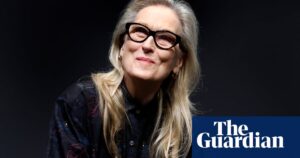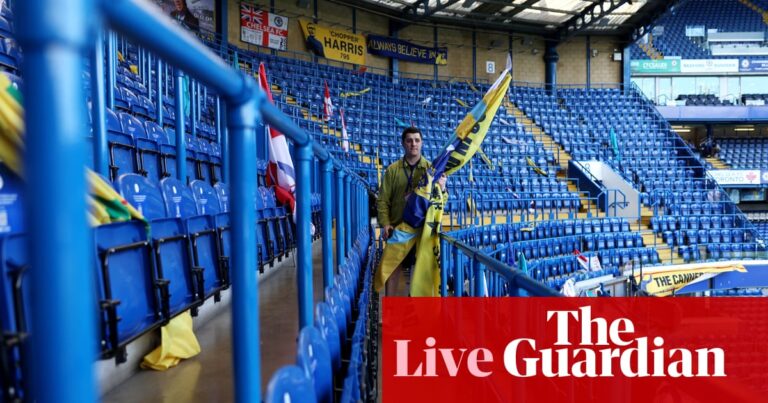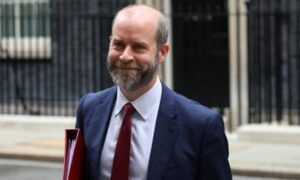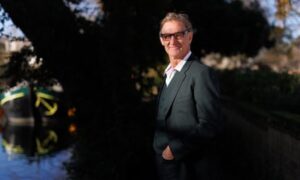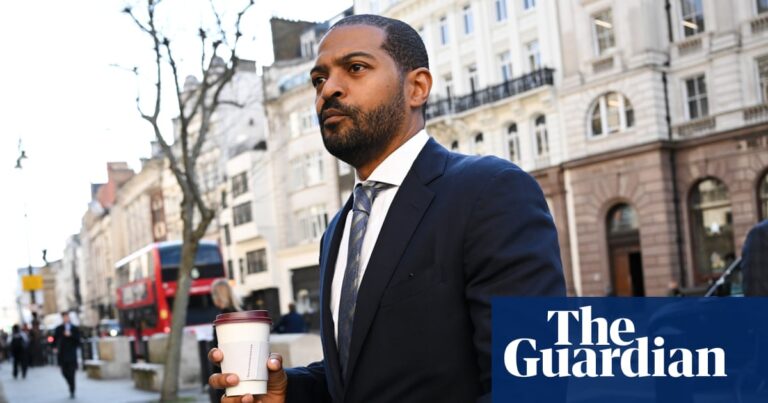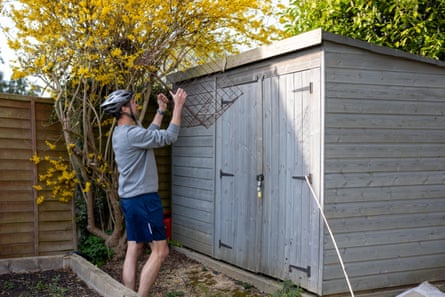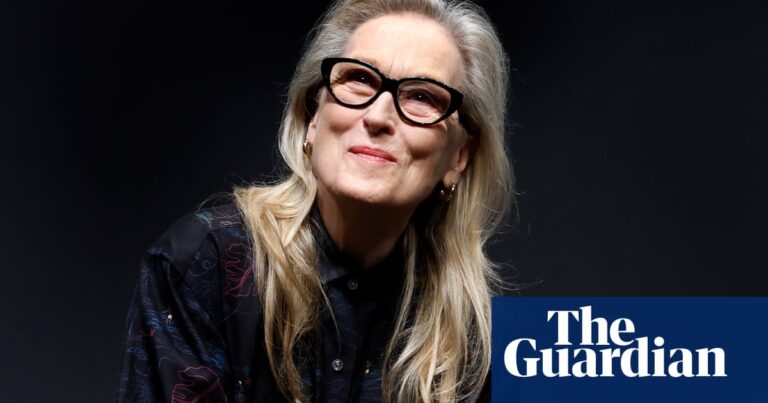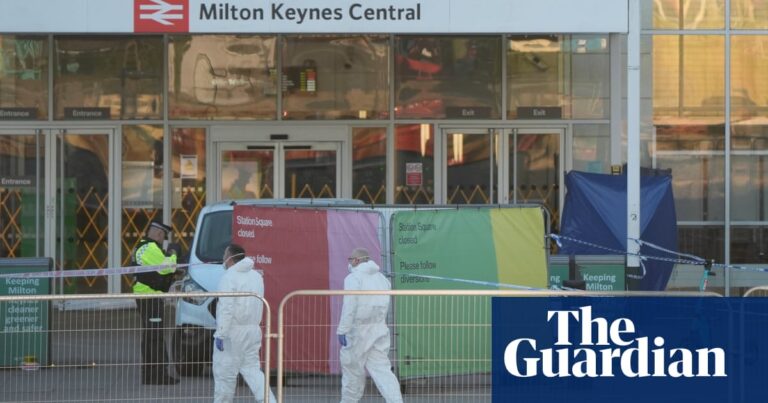The past 50 years have brought a dramatic transformation in how we live our lives. The next half-century promises to keep up that pace. The once-reliable roadmap of education, a steady job, a foothold on the housing ladder and a clear path to retirement has been replaced by uncertainty that is playing out in our lives. We’ve entered an age of increasing complexity in our economic and social structures. Traditional certainties have unravelled and we find ourselves in a world where even fundamental milestones such as a singular career, buying a home or planning a future seem much less certain. That’s partly why we have the politics we have.
In this new landscape, the smooth arc of our lives is being redrawn as a series of peaks. The state’s age of retirement is creeping up, driven by the twin forces of longer life expectancies and the need to keep people economically active for longer. Simultaneously, the beginning of adulthood is stretching out like never before. The psychologist Jonathan Haidt suggests that adolescence now extends into the mid-20s as those young adults fortunate enough to have stable homes stay under the protective umbrella of their parents for longer, partly out of emotional closeness but also because of the staggering financial barriers to independence. This further embeds disadvantages for those without the networks and resources that wealth and stability can bring.
But there’s another way to approach this new sequence of transitions. The optimist or entrepreneur in all of us might see this ambiguity as fertile ground for innovation and disruption with a traditional model so broken that finding new alternatives becomes a necessity. Without the traditional career path and its promotions and clear milestones, an entrepreneur’s mindset sees challenges to be overcome, problems to be solved, adventures to be undertaken. No guarantees, no neat trajectories, just a constant search for new opportunities to learn and the next peak to climb.
I suppose that’s why entrepreneurial life has always appealed to me. The thrill of high risk and high reward has driven the choices I’ve made over the past couple of decades in ways that a corporate life could never have matched. But, like climbing a mountain only to search for a higher one, ambitions kept evolving. Perhaps that’s what led me to co-own a football club. The challenge of trying to change the culture and trajectory of your home town club and the euphoria of three points, shared with everyone associated with the club, have a way of balancing out the endless list of reasons why owning a football club is often a bad idea. Football is a world where there are no half measures; just like in entrepreneurship, there’s only winning and losing and on to the next challenge, the next opportunity, until the energy, enthusiasm or relevance runs out.
This brings me to the unique challenges faced by professional footballers, challenges that may offer valuable lessons for us all as we navigate life’s transitions. In a profession where early retirement is inevitable, players experience one of the harshest gear changes imaginable. The shift from a life of structured routines, discipline and intense highs is unparalleled, particularly when you consider how deeply players’ identities are tied to the public performance of their talents and the endorphins associated with that.
It’s hard to think of another profession where the transition to a “normal” life is as jarring. This reality is often difficult for players to acknowledge. As Jorge Valdano remarked in an interview in this paper in 2019: “Footballers never talk about the end of their careers, for the same reason human beings don’t talk about death: it frightens them.” Breaking that taboo is essential if we are to reduce the heightened risks of divorce, gambling and substance abuse that retired athletes often face.
Recognising this challenge, I spoke with Maheta Molango, chief executive of the Professional Footballers’ Association (PFA), who said: “Our goal is to give players access to opportunities that prepare them for life beyond football as early as possible in their careers.” The PFA offers a range of support, from grants for academic and vocational courses to targeted programmes such as the PFA business school, which provides bespoke courses in areas such as business management and data analytics. These transferable skills are crucial; without them, too many individuals compete for too few positions in an already hyper-competitive industry. The number of sports degree graduates each year far exceeds the number of jobs available in the sector.
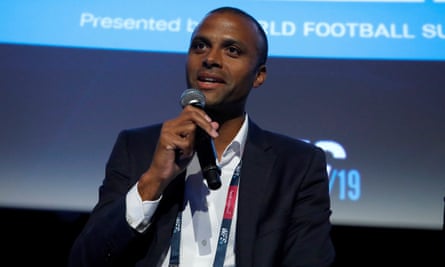
I was particularly interested recently to hear about some of our senior players applying for Professional Game Match Officials Limited’s elite referee development plan run with the PFA. For them, it’s not just a potential career path but a lifeline that leverages their deep experience in the game while drawing on their ability to handle pressure and empathise with players. The concept of the poacher turned gamekeeper resonates here: who better to understand the nuances of the game than those who’ve lived it, knowing where the corners can be cut and what players truly need from a referee? It seems like the perfect example of offering a career path for those in the game.
after newsletter promotion
At academy level, we have an even greater responsibility to help young players. Oli Cowling, head of education at Grimsby, says: “Our responsibility as a club starts at age nine where supporting players [and parents] with transitions starts immediately with the development of individual player care plans that map out their ‘life skill’ development across their entire journey with the club.”
In striving to be a professional footballer the most likely outcome is failure – it takes a level of self-belief, focus and unreasonableness to succeed in such a hyper-competitive landscape. As James Kerr wrote in his book Legacy, of the All Blacks: “You have to believe in nothing else in order to make it.” The paradox is real, the single-mindedness required can leave players adrift and, if there’s one thing the world of sport teaches us, it’s that when the final whistle blows there is always a new season to prepare for and we will all need the fortitude and imagination to kick on.
Source: theguardian.com





